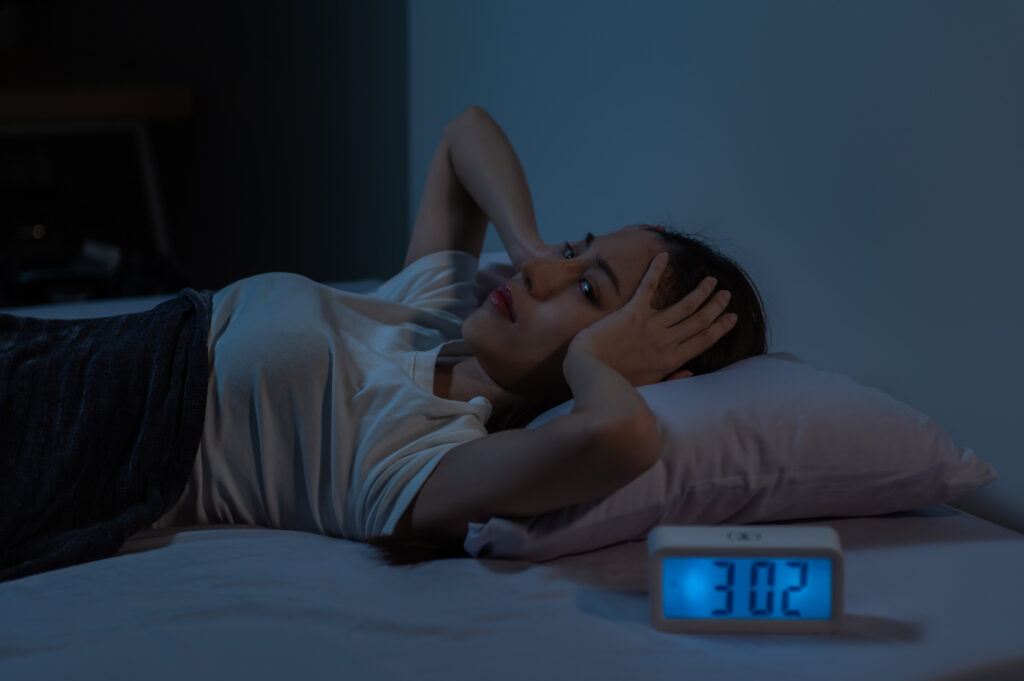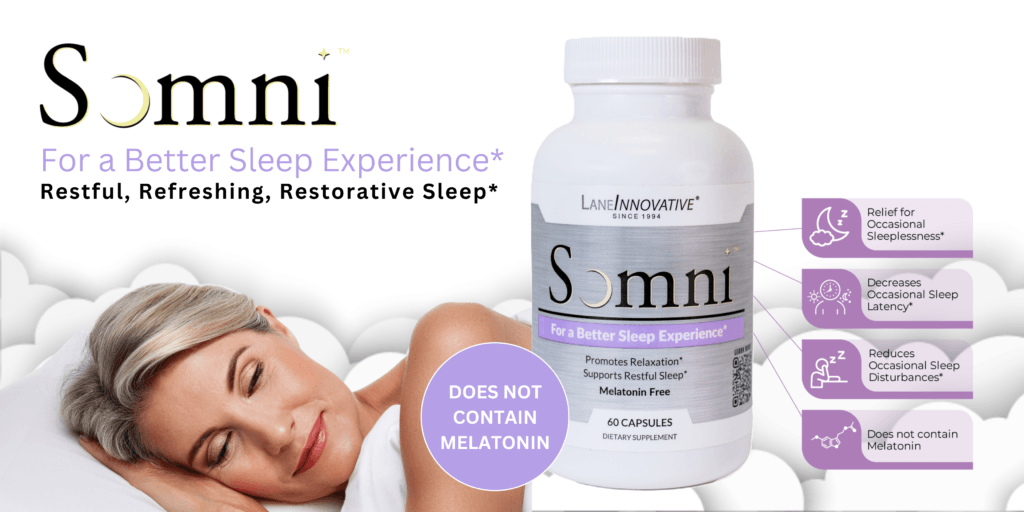Sleep
12 Sleep Disruptors That Stop You From a Better Sleep Experience
From racing thoughts to glowing screens, sleep disruptors are everywhere—and they’re stealing your rest. In today’s nonstop world, many of us are unknowingly exposed to sleep disruptors that prevent us from getting the deep, restorative sleep we need. Understanding these common culprits—and how to overcome them—can transform your nights and improve your days.

What Are Sleep Disruptors?
Sleep disruptors are factors—external or internal—that interfere with your ability to fall asleep, stay asleep, or reach the deeper stages of sleep. These can range from stress and screen time to poor diet or late-night caffeine. Let’s explore 12 of the most common sleep disruptors and provide science-backed, natural solutions to help you get back on track.
1. Blue Light Exposure
Smartphones, tablets, and computers emit blue light that suppresses melatonin—the hormone that regulates sleep. Using screens too close to bedtime can delay sleep onset and reduce overall sleep quality.
Solution: Power down electronics at least one hour before bed. Use “night mode” features or blue-light-blocking glasses if evening screen time is unavoidable.
2. Stress and Worry
Mental tension and racing thoughts are powerful sleep disruptors. Anxiety can increase cortisol levels and keep your brain on high alert.
Solution: Create a calming bedtime routine. Deep breathing, journaling, or a warm bath can signal your body it’s time to rest.
3. Irregular Sleep Schedule
Sleeping and waking at different times each day confuses your body’s internal clock, making it harder to fall asleep or feel rested upon waking.
Solution: Try to stick to a consistent schedule—even on weekends. Regularity supports your circadian rhythm and helps you sleep more soundly.
4. Late-Night Eating
Heavy meals before bed can lead to discomfort and indigestion, both of which are common sleep disruptors.
Solution: Finish dinner at least 2–3 hours before bedtime. Choose lighter, balanced meals in the evening to promote better digestion and sleep.
5. Caffeine and Stimulants
Coffee, tea, chocolate, and even some pain relievers contain caffeine. It can stay in your system for up to 8 hours and sabotage sleep.
Solution: Limit caffeine intake after noon. Instead, opt for herbal teas like chamomile or lemon balm to unwind.
6. Alcohol Consumption
Though alcohol may initially make you sleepy, it actually fragments sleep and reduces REM cycles.
Solution: If you drink, do so in moderation and finish your last drink at least 3 hours before bedtime.
7. Lack of Physical Activity
Sedentary lifestyles are surprising sleep disruptors. Without adequate physical activity, your body doesn’t build enough sleep pressure for restful nights.
Solution: Aim for at least 30 minutes of moderate exercise most days. Activities like walking, swimming, or yoga support both sleep and overall well-being.
8. Too Much Light in the Bedroom
Lorem ipsum dolor sit amet, consectetur adipiscing elit. Ut elit tellus, luctus nec ullamcorper mattis, pulvinar dapibus leo.
Solution: Use blackout curtains, eye masks, or dim lighting to create a sleep-friendly environment.
9. Noisy Environment
Disruptive noises—whether from neighbors, traffic, or snoring—are a leading cause of night-time awakenings.
Solution: Try earplugs, white noise machines, or soothing soundtracks like ocean waves or rainfall to mask disturbances.
10. Overheating at Night
Your body needs to cool slightly to initiate sleep. An overheated room or too many blankets can make it harder to fall or stay asleep.
Solution: Keep your bedroom between 60–67°F (15–19°C). Wear breathable sleepwear and use light bedding.
11. Mental Overstimulation
Watching action-packed shows, reading thrillers, or working late can leave your brain too wired to wind down.
Solution: Choose relaxing, low-stimulus activities for the final hour of your evening—such as light reading, meditation, or listening to calming music.
12. Nutritional Gaps
Deficiencies in magnesium, vitamin D, or certain amino acids can be hidden sleep disruptors.
Solution: Eat a balanced diet rich in leafy greens, nuts, seeds, and whole grains. Consider sleep-supportive supplements with magnesium bisglycinate, L-theanine, chamomile, passion flower, or 5-HTP to promote relaxation and rest.*
Reclaim Your Rest
The good news? Most sleep disruptors are within your control. Small, consistent lifestyle changes can lead to big improvements in sleep quality. A better sleep experience starts with awareness and the willingness to build habits that support your body’s natural rhythms.
Sleep isn’t a luxury—it’s a foundation for good health, focus, and emotional balance. By eliminating common sleep disruptors and embracing practical solutions, you’re investing in a happier, healthier you.
References:
Like? Share With Your Friends!

